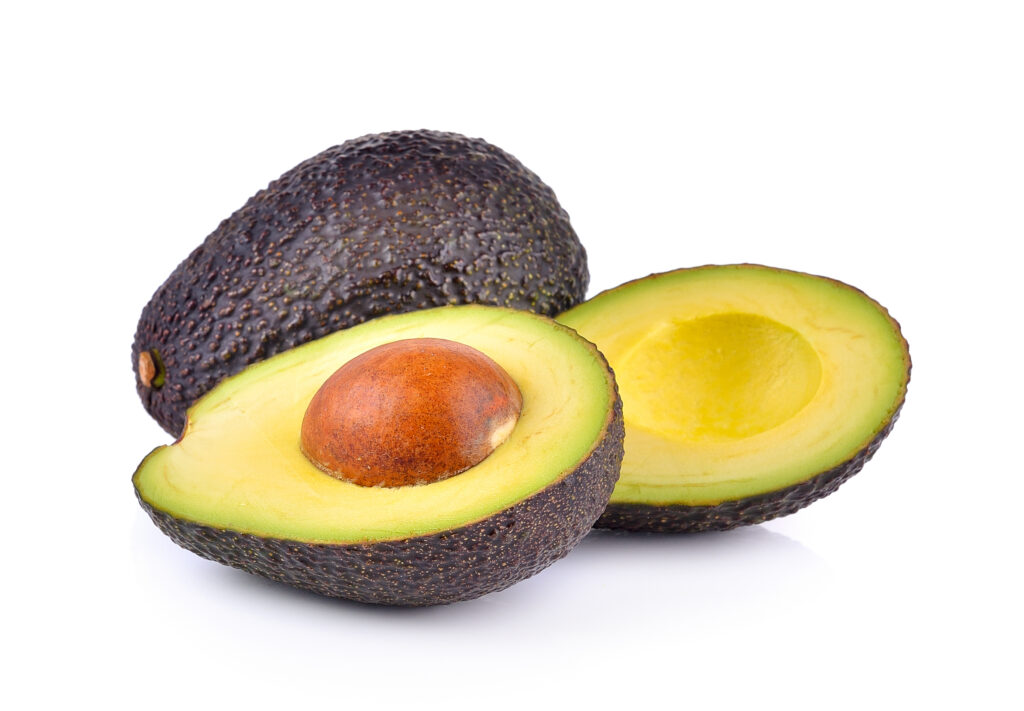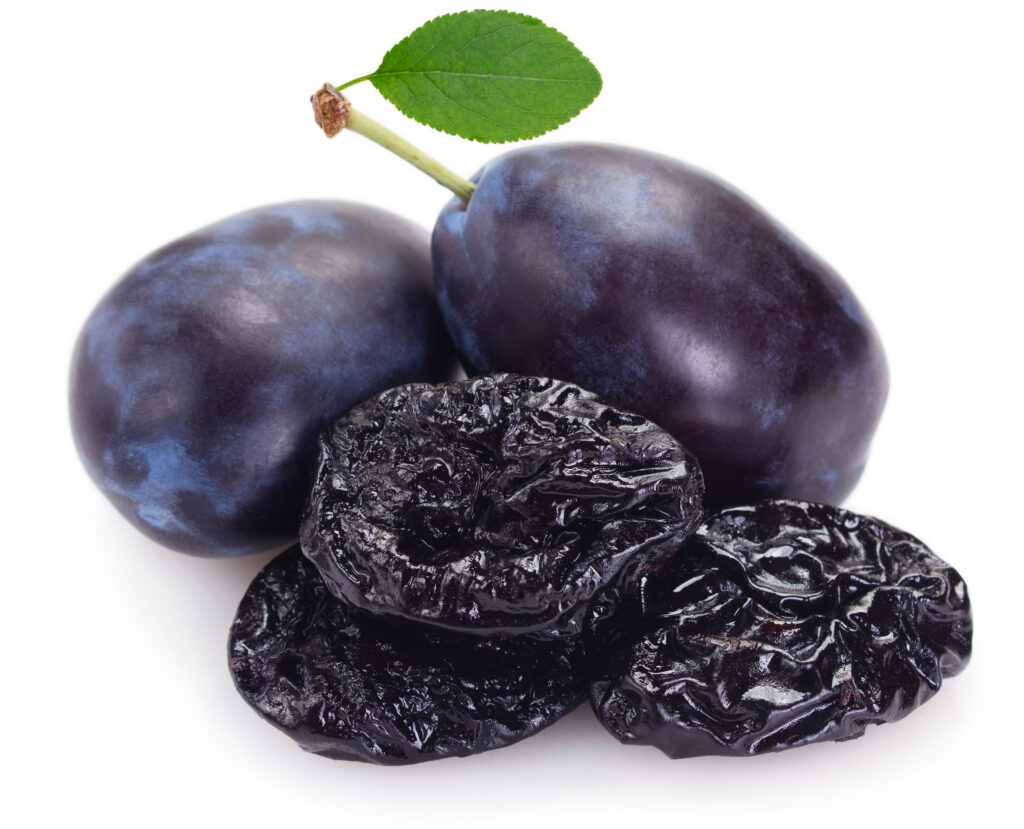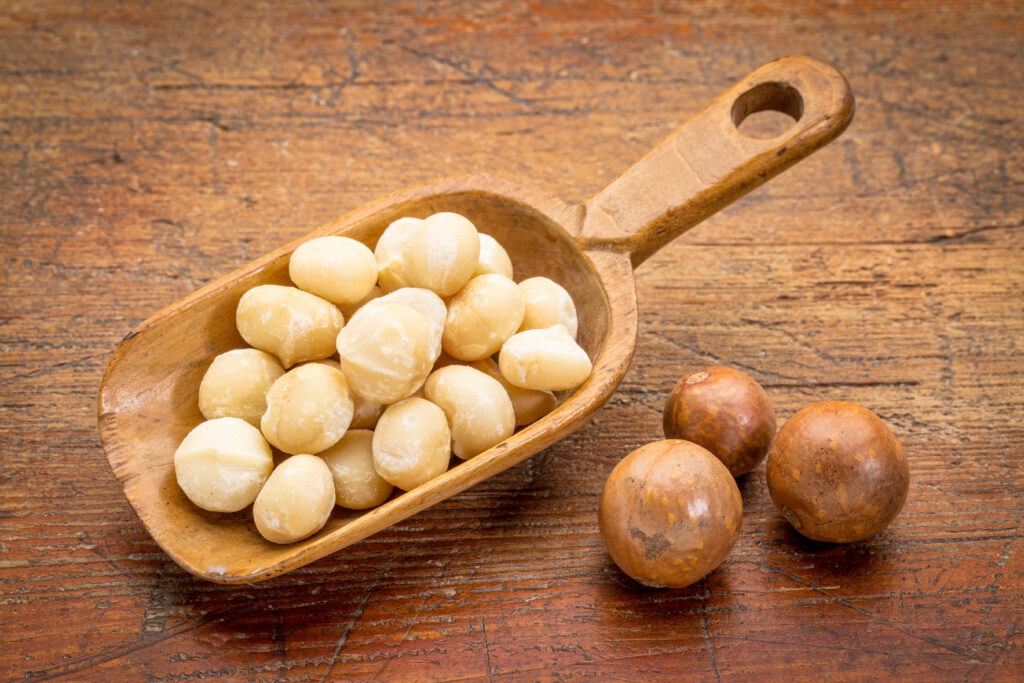Regularity
Why Constipation Occurs on a Keto or Low Carb Diet
For people who are looking to lose weight and belly fat, ketogenic and low-carb diets are all the rage. While these types of diets might help you lose inches and pounds, they also come with some unfortunate side effects. The main of which is occasional constipation.
Most people don’t understand how or why a low-carb diet can lead to constipation. After all, they’re putting healthy foods into their body, so shouldn’t they be able to have regular, healthy bowel movements?
If you’re on or thinking about starting a ketogenic or low-carb diet and want to avoid occasional constipation, you’ve come to the right place. This article will look at why these types of diets can cause bowel issues and how to avoid them.

What is Occasional Constipation?
Before getting into the nitty-gritty details about why low-carb diets can cause occasional constipation, let’s look at what constipation is.
Constipation is when you lose the ability to have bowel movements on a regular basis. For some, that could mean having a BM every two or three days rather than every day. For others, it could mean having a BM once per week rather than every other day.
Over time, occasional constipation can turn into a pathological condition where you lose the ability to poop at all. This will usually result in bloating, excess gassiness, stomach pains, and other GI issues. If you don’t have these symptoms but simply don’t have bowel movements as regularly as you normally do, you’re struggling with occasional constipation.
Why Do Ketogenic and Low-Carb Diets Create Constipation?
In general, anytime you make changes to your diet where you change what you eat, how much you eat, or when you eat, you can experience occasional constipation. However, when you switch to a low-carb keto diet, your chances of occasional constipation are much higher. Here are some of the main reasons why.
Less Fiber
The main reason that low-carb diets often result in occasional constipation is that they’re mostly devoid of fiber. Fiber is crucial when it comes to your gut health and regular bowel movements. However, because low-carb diets place more emphasis on loading up on fats and proteins, most people neglect fiber.
Fewer Carbs
The whole point of a keto diet is to reduce your carb intake. Unfortunately, most of the major foods that contain fiber are also high in carbs. Therefore, when you reduce your carb intake by avoiding things like veggies, pasta, and whole grains, you’re inadvertently reducing your fiber intake, often resulting in occasional constipation.
More Dairy
While many diets have dairy restrictions, keto and low-carb diets aren’t one of them. These diets place a high emphasis on eating and drinking healthy fats, which often come in the form of yogurt, milk, cheese, and other dairy products. Unfortunately for your bowels, dairy is one of the leading causes of occasional constipation. So, when you combine more dairy with less fiber, it’s a recipe for disaster for your bowels.
Less Water
Drinking less water is never a good idea, but it’s often a by-product of low-carb diets. This happens because you’re eating fewer fruits and vegetables, which are natural hydrators. It also happens because you’re eating fewer foods that induce thirst. Therefore, unless you make a deliberate effort to drink more water, there’s a good chance you’ll experience occasional constipation.
How to Prevent Constipation on a Ketogenic or Low-Carb Diet
Now that you know how and why low-carb diets result in occasional constipation, let’s look at what you can do to keep this from happening.
Drink More Water
One of the best things you can do to avoid occasional constipation is to drink more water. Dehydration is extremely dangerous to multiple systems and parts of your body, and you can avoid a world of problems by staying hydrated.
Eat More Fiber and Natural Laxatives
Just because you can’t eat typical foods that are high in fiber doesn’t mean you can’t consume fiber. In fact, there are a number of low-carb foods that are high in fiber and also happen to be natural laxatives.
- Prunes
- Avocados
- Aloe Vera
- Sour figs
- Beans
- Salted, non-starchy vegetables
- Chia seeds
- Macadamia nuts
- Flax
- Almonds





Stay Active
Staying active will have dual benefits when you’re on a low-carb diet. First, it will increase the amount of weight and inches you lose while you’re on the diet. Second, it will help keep you regular in the bathroom. Exercise and daily activity jumpstarts your system and keeps things moving through your GI tract. Walking, running, yoga, and weight lifting are a few of the best exercise options.
Consider Taking Supplements
Consuming dietary supplements and fiber are the best overall things you can do to avoid occasional constipation on a low-carb diet. If you choose a fiber supplement, it’s important to find a sugar-free option, preferably in pill form. Unfortunately, these can be difficult to find, which means that dietary supplements might be the better option. Here are some of the best supplements to avoid occasional constipation.*
Magnesium
- Prebiotics
- Probiotics
- Kefir
By taking one or more of these dietary supplements, you can likely avoid occasional constipation on a low-carb diet. *
Like? Share with your friends
Learn more information on H2Go for Daily Regularity and Occasional Constipation*

